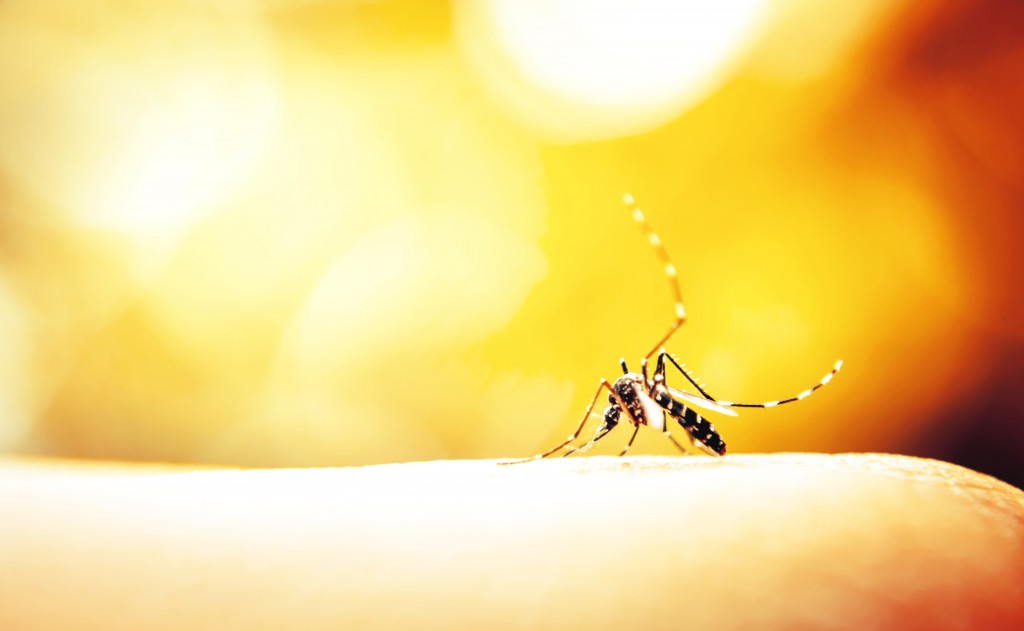This year, April 25th marks the annual “World Malaria Day”. In today’s post, we’re going to give you a rundown on what exactly Malaria is, how to prevent it, and how you can work to end this devastating disease.
What is Malaria: As described by the CDC, Malaria is serious, and potentially deadly, disease that is caused by a plasmodium parasite that commonly infects certain types of mosquitos which feed on humans. In 2015, there were 212 million new cases of Malaria, and 429,000 deaths. One child dies from Malaria every two minutes.
Common Signs and Symptoms: Some common symptoms of Malaria can include high fevers, fatigue, chills and shivering, nausea and vomiting, a fast heart rate, or headaches.
Prevention:
• Be Aware of Malaria When Travelling: If you’re planning on travelling overseas, contact the CDC at (1-800-232-4636) or at (www.cdc.gov/malaria/travelers/index.html) to find out how the area you are travelling to is impacted, and if there are any recommended preventative measures you should be aware of
• Avoid Mosquito Bites: As mosquitos are the main culprits of the spread of Malaria, one of the best things you can do to prevent contracting the disease is to avoid potential mosquito bites. To do so, we recommend staying inside at night, wearing long sleeves if possible, always wear insect repellant outdoors, install screens in your windows and doors
• Stay on the Safe Side: If you are worried you may have symptoms stemming from a Malaria infection, see a doctor immediately. Even if you think the chances are doubtful, it’s always better to err on the side of caution, as Malaria is best treated when discovered early
How to End Malaria:
While there is still much to be learned about preventing, treating and ending Malaria, there are ways to help. One of the most important preventative measures, which can be donated to Malaria prevention foundations, is known as the Insecticide Treated Net. These nets are used over beds to prevent mosquitos from biting humans while they sleep, which is when mosquito bites are most common. The more these nets are used, the lifespan of threatening mosquitos lessens. The Insecticide Treated Bed Nets have been shown to reduce the number of child deaths from Malaria by a whopping 20%. Of course, monetary donations are incredibly valued and welcomed as well. Funds, as well as Insecticide Treated Nets can be sent to the following foundations:
• CDC Foundation
• Malaria No More
• Nothing But Nets
Last up, one of the best things to do regarding this troubling disease, is raise awareness. World Malaria Day is a day to represent those diagnosed with this debilitating disease and promote the knowledge needed to prevent it. Right now, Malaria is most prominent in Sub-Saharan Africa, India, South East Asia, and parts of Central and South America. So, if travelling be conscious of any potential Malaria threats and be aware of the recommended preventative measures. Meanwhile, if you’re wanting to help from home, we suggest finding ways to donate time, money, or prevention (such as nets, bug spray, etc.) to countries that are suffering from the spread of Malaria. And be sure to spread the world to ensure those affected are not forgotten.
 Food
Food Farmers
Farmers Sustainable Living
Sustainable Living Living Planet
Living Planet News
News